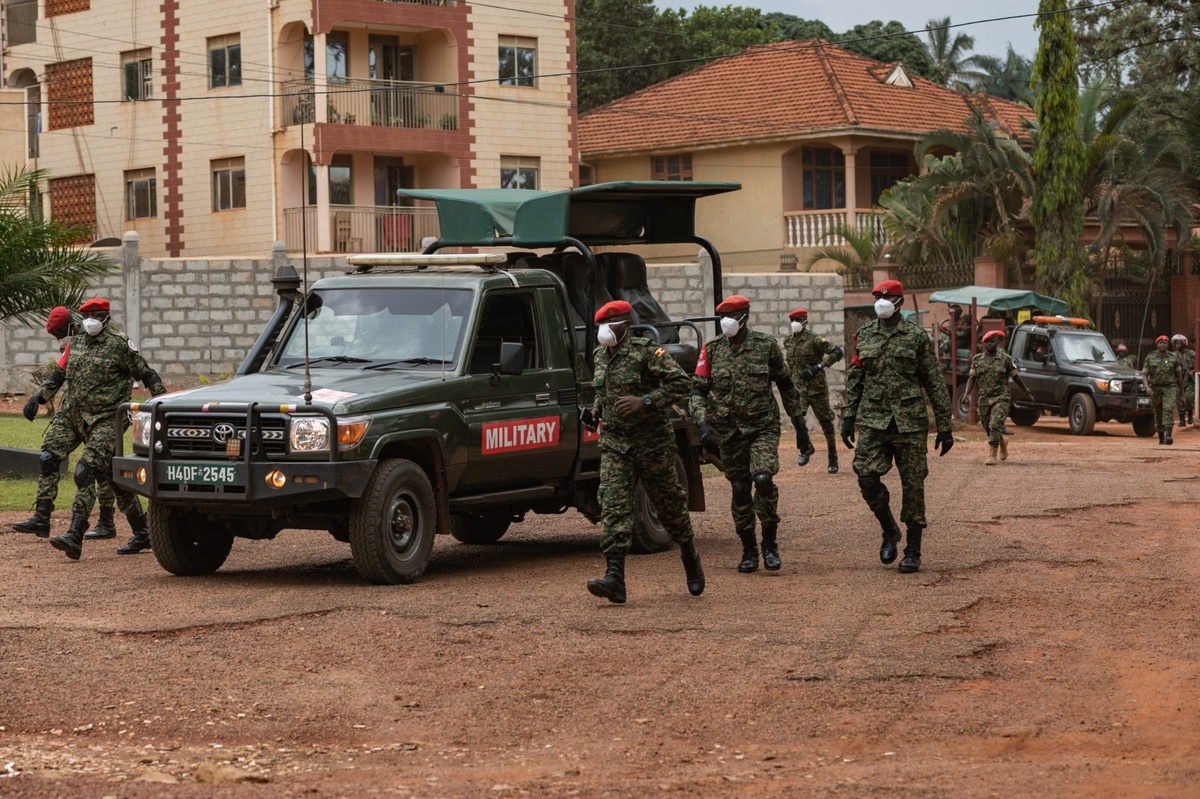Physical Address
304 North Cardinal St.
Dorchester Center, MA 02124
Physical Address
304 North Cardinal St.
Dorchester Center, MA 02124

The authoritarian shift in Africa accelerated on May 13, 2025.
In one day, Mali banned all political parties, and Uganda introduced a bill to let military courts prosecute civilians. Both are major escalations. Both flew under the radar of most American media coverage.

Mali’s ruling military junta issued a presidential decree formally dissolving all political parties and banning political gatherings.
This comes after a wave of arrests, disappearances, and suspensions of party activity. It marks the final blow to Mali’s multi-party political system, which had been steadily eroded since the coups of 2020 and 2021.
Protests in Bamako just weeks earlier had called for elections and civilian rule. Instead, the junta responded by wiping out political opposition altogether.
Takeaway: Mali didn’t just delay democracy—it deleted it.
The same day, Uganda’s parliament introduced the UPDF Amendment Bill, 2025. The bill would allow civilians to be tried in military courts under loosely defined “exceptional circumstances.”
This directly undermines a Supreme Court ruling from January, which found such trials unconstitutional. Now, the government is trying to reverse that decision—giving the military sweeping authority to bypass the civilian legal system.
Critics say the bill could fast-track repression of journalists, political opponents, and activists under the guise of national security.
Takeaway: Uganda is building a legal framework to put civilians under military control.
These events are part of a bigger picture: a deepening authoritarian shift in Africa.
Mali, Burkina Faso, and Niger have all seen military governments entrench their power after coups. Uganda, under long-time president Yoweri Museveni, is moving toward militarized justice and fewer civilian protections.
In each case, legal mechanisms are being used to shrink political space, criminalize dissent, and consolidate control. And international pushback has been muted.
Takeaway: What we’re seeing isn’t a coincidence—it’s a coordinated rollback of democratic norms.

The authoritarian shift in Africa doesn’t just impact the continent. Mali is central to West African security. Uganda has been a U.S. ally in counterterrorism and peacekeeping efforts.
When democracy backslides in these countries, the ripple effects touch migration, regional conflict, and global diplomacy. Yet coverage of these events was almost nonexistent in U.S. outlets this week.
Takeaway: Ignoring these stories doesn’t make them less important—it makes them more dangerous.
While American media fixated on domestic drama, Mali eliminated its political opposition and Uganda tried to rewrite the rules of justice.
Both moves represent a sharp authoritarian shift in Africa—and a warning about what happens when power goes unchecked and unseen.
Final Takeaway: Two countries made bold plays to silence opposition—and the world barely noticed.
Daily News. No B.S. No Fluff. Just What You Need to Know.